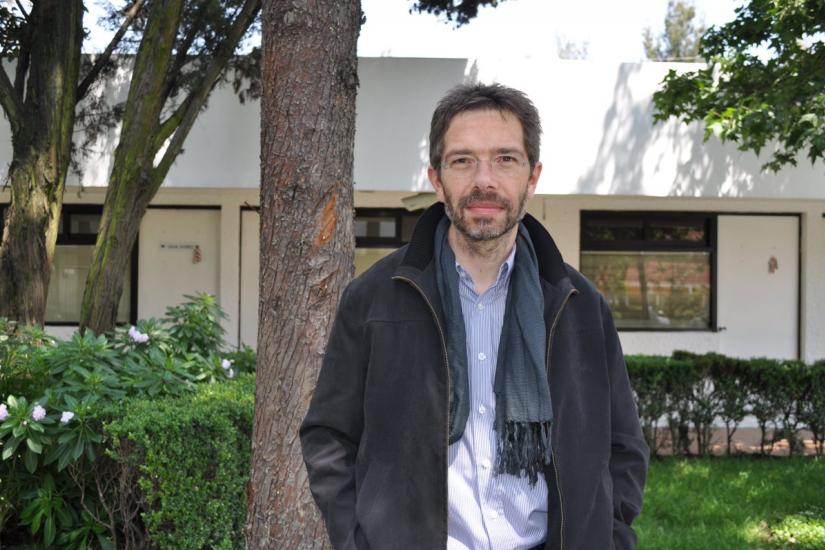
PROGRAM
- WELCOME by Zsolt Enyedi
- PRESENTATION by Andreas Schedler
- Q&A, INFORMAL DISCUSSION
Join the event via Zoom.
ABSTRACT
Current debates on “the global crisis of democracy” often point to processes of political polarization as one of its main drivers. Yet what drives political polarization? The relevant literature revolves around the interplay between the intensity of political conflict (policy distance, ideological polarization) and the emotional force of social identities (social distance, affective polarization). I introduce a third dimension: the collapse of “basic democratic trust.” The concept describes the confidence political actors have in the democratic reliability of others – their political adversaries as well as public agents. In its presence, political contenders recognize each other as trustworthy adversaries who adhere to the ground rules of democracy. In its absence, they view each other as amoral enemies who are capable of anything – including the willful destruction of democracy. Political polarization, I propose, is defined by the latter, the evaporation of basic democratic trust, as actors start identifying democratic enemies within the gates of the political community. I distinguish three related scenarios: the emergence of self-declared antidemocratic actors (democratic enmity), the perception of certain actors as enemies of democracy (“enemyopia”), and their public denunciation as such (“enemography”).
SPEAKER
Andreas Schedler is professor of political science at the Center for Economic Teaching and Research (cide) in Mexico City. He is a comparative scholar of democracy, democratization, and authoritarianism. Among his recent publications are “Democratic Integrity” (Journal of Political Philosophy, June 2021) and “The Breaching Experiment: Donald Trump and the Normative Foundations of Democracy” (Zeitschrift für Vergleichende Politikwissenschaft, December 2019). His current research focuses on the corrosion, collapse, and destruction of basic democratic trust in processes of political polarization.